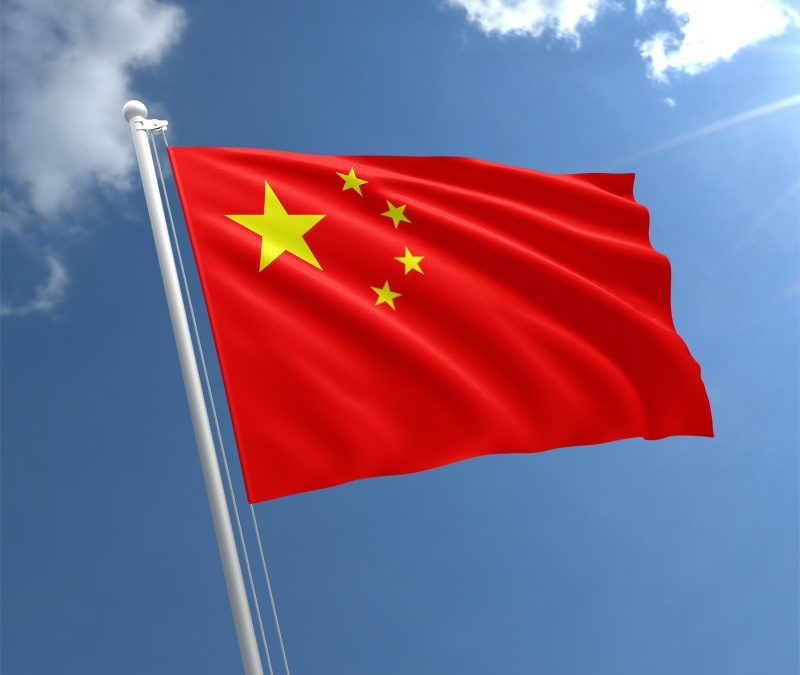The National Medical Products Administration (NMPA), previously the China Food and Drug Administration (CFDA), is the institution responsible for pharmaceuticals and medical devices regulations in China. Similarly to the FDA in the United States, the NMPA classifies medical devices into three classes (from I to III) depending on their potential risk. Class I devices are associated with the lowest risk, while Class III devices are associated with the highest risk.
The CFDA changed its name to NMPA in March 2018. The agency was established in 1998 and its main function was to regulate pharmaceuticals, medical devices, and, after 2003, food. The NMPA, on the other hand, is focused solely on the regulation of drugs and medical devices. Below you will find the most important and up-to-date information regarding medical device regulations and the registration process in China.
General scope of the medical device registration in China
In opposition to the European Union and Canada, China classifies medical devices into three classes:
- Class I – includes all devices which safety and effectiveness can be ensured through routine administration.
- Class II – includes all devices that require further control in order to ensure their safety and effectiveness.
- Class III – includes devices that are used for life support or sustenance, pose a potential threat to patients’ health, and are implanted into the body.
If a medical device company wants to register a device that is not manufactured in China, it is required that the company provide device samples to the NMPA for testing. In the case of registering Class II and Class III devices, manufacturers are obligated to send the appropriate documents showing that the device has been approved in its country of origin (i.e. CE Mark, 510(k) letter, ISO 13485 certification, approved Premarket Approval Application). It may also be required to provide supportive clinical data along with the application. All product information on packaging and labeling must be translated to Simplified Chinese.
Medical device registration in China is now valid for 5 years (previously it was valid for only 4 years). If a manufacturer wants to renew a device’s registration, a renewal application should be submitted 6 months prior to the expiration date to the same department that received the original registration submission.
Foreign manufacturers must also hire China-based agents that will represent their interests in China. The responsibilities of the designated agents include providing technical service and maintenance support for the device, assisting with device recall (if recall is required), overseeing the registration process, and providing support for the manufacturer in case adverse events occur due to device malfunction. Manufacturers should also provide the personal information of their designated agents (i.e. name, address, and contact information) in the registration application.
Recent Regulation Changes in China
On October 31, 2017, the NMPA published a draft amendment to the Regulations on the Supervision and Administration of Medical Devices. On June 25, 2018, the NMPA published a revised draft amendment. Below you will find the most significant changes that were introduced by the amendment.
- Market Authorization Holder (MAH)
The new changes further specify the definition of a Market Authorization Holder and explain its responsibilities. Based on the new information put forth in the 2018 draft amendment, MAHs must ensure the quality of their products, show that their products meet all applicable requirements, submit self-inspection reports to relevant authorities every year, and maintain their products’ information in the NMPA’s Unique Device Identification (UDI) database.
- Unique Device Identification
The new 2018 draft amendment also explains the creation of a Unique Device Identification (UDI) system by the NMPA. Main goal of this system is to improve the monitoring of medical devices and allow the tracking of these devices from the point of their manufacture to their distribution and use. The NMPA’s UDI database will store the following information: the expiry and production dates of the device, the device model, and the alphanumeric UDI code placed on the device or its packaging.
- Clinical Trial Management System
The new changes also cover the Clinical Trial Management System in China. We learn that for all Class I devices and most Class II devices, clinical evaluation is not necessary. For Class III devices, exemption from clinical evaluation is a possibility only if the device has a proven record of safety. This is especially important for foreign manufacturers, as it is very likely that clinical data from studies conducted outside of China will be subject to reviewal by the NMPA, unless use of the device is associated with very high potential risk. All high-risk devices and devices used to support or maintain life must be evaluated in China according to the 2018 draft amendment.
- Prioritization of Innovative Devices
The NMPA’s new regulations clearly prioritize innovative medical devices. According to the 2018 draft amendment, foreign manufacturers will be allowed to import innovative devices into China without having to provide market entry approval certificates from the country the device was manufactured in.

